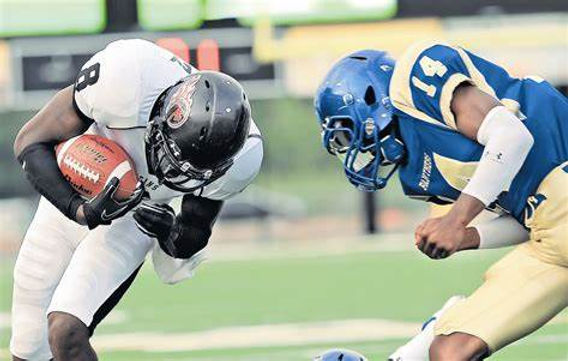why is it important to address injuries in youth sports?

injuries can significantly impact the mental and emotional well-being of young athletes, leading to stress and anxiety. the document 'Psychosocial Impacts of Sports-related Injuries in Adolescent Athletes' emphasizes,"In collegiate athletes, a serious injury is a predictor of lower QOL in domains including mental health, physical function, emotional role, and vitality (14). When injured college athletes and matched uninjured controls were assessed using measures of depression, anxiety, and self-esteem during the preseason and again following a significant injury prohibiting athletic participation, injured athletes reported a period of significant emotional distress spanning 2 months following their injury (15)"(Haraldsdottir) proper care not only facilitates physical recovery but also provides psychological support, fostering a positive attitude towards sports. maintaining participation and enjoyment hinges on creating a safe and supportive environment that preserves the joy and passion inherent in sports.
psychological well-being and enjoyment of sports:
physical health and developmental progress:
promptly addressing injuries in youth sports is paramount for safeguarding the physical health and developmental progress of young athletes. timely intervention ensures a quicker recovery, preventing minor injuries from escalating into chronic conditions and enabling a seamless return to regular activities, crucial for continued skill development.

education and prevention strategies:
addressing injuries presents an opportunity to educate young athletes on injury prevention strategies. by instilling knowledge about proper warm-up techniques, training methods, and the importance of rest and recovery, we empower them to make informed choices, reducing the risk of future injuries. this educational aspect contributes to a safer sporting experience.
in conclusion, the importance of addressing injuries in youth sports cannot be overstated. it is a multifaceted endeavor that encompasses physical, mental, and emotional dimensions, as well as the broader aspects of education, prevention, and community involvement. by prioritizing the well-being of young athletes, we not only ensure their immediate recovery but also lay the foundation for a lifelong commitment to a healthy and active lifestyle.








_edited.png)